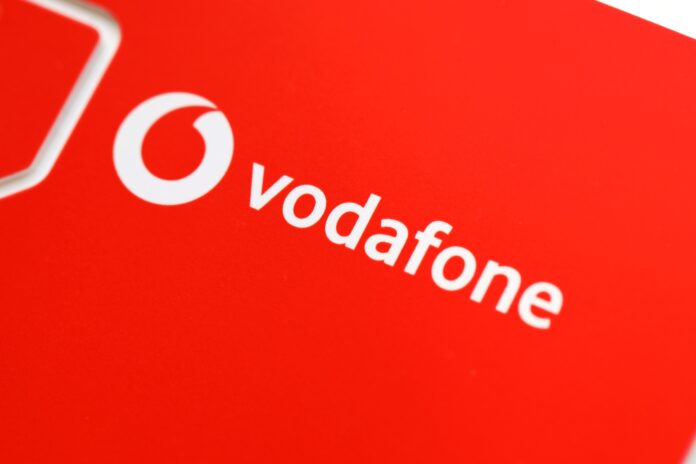Vodafone UK says it has cut down its Scope 1 and Scope emissions from 86,360 tonnes to 7,154 tonnes each year
In its most recent annual Carbon Reduction Plan, Vodafone UK reported that the company reduced the carbon emissions from its Scope 1 and Scope emissions, or those under a company’s direct control, by 92% in three-year period between March 2020 and March 2023.
According to the report, the operator has cut down carbon emissions it directly produces from 86,360 tonnes to 7,154 tonnes each year. “The main way this has been achieved is through various different programmes to ensure 100% of all electricity consumption is generated via renewable sources,” claimed the company in a statement, adding that this milestone was first achieved in July 2021 and thanks to partnerships with energy companies and long-term investments in solar and wind farms across the U.K.
In April, for instance, Vodafone installed 720 solar panels at a Mobile Telephone Exchange in Gloucester, producing approximately 240,000 kWh of renewable electricity a year, which is said was enough to supply around 12% of the site’s annual energy requirement.
The company has also installed self-powering mobile phone mast in Wales, which involves a wind turbine, solar panels and battery storage, and has introduced a 20% weighting for environmental and social criteria in its supplier evaluation Request for Quote (RFQ) processes, as a way to tackle Scope 3 emissions, or those generated through a company’s supply chain.
Vodafone UK aims to be carbon neutral by 2040, according to its full Carbon Reduction Plan document. “As we move towards an ever more digital society, with increasing volumes of internet use and mobile data traffic, we are committed to driving down our emissions in absolute terms as well as shifting our energy mix to renewable sources, in line with what is required by science to avoid catastrophic impacts of climate change,” Vodafone said in the document.

